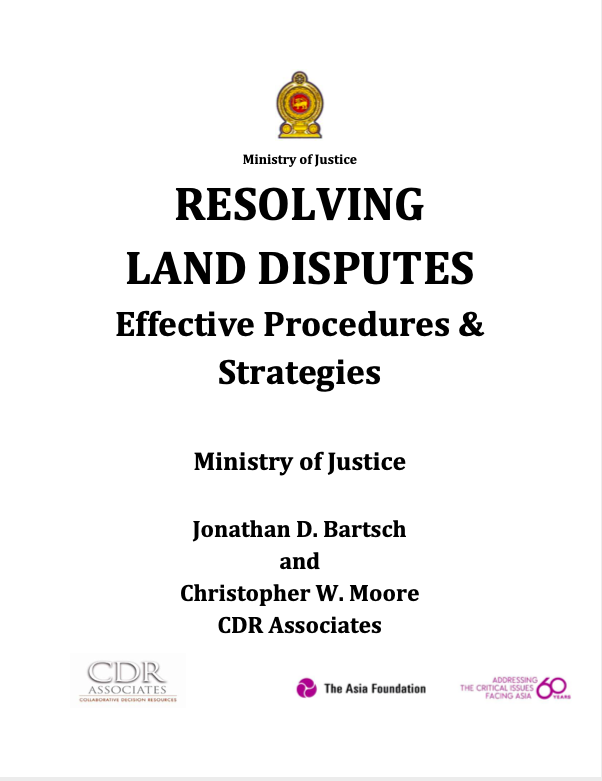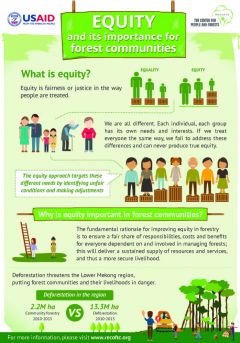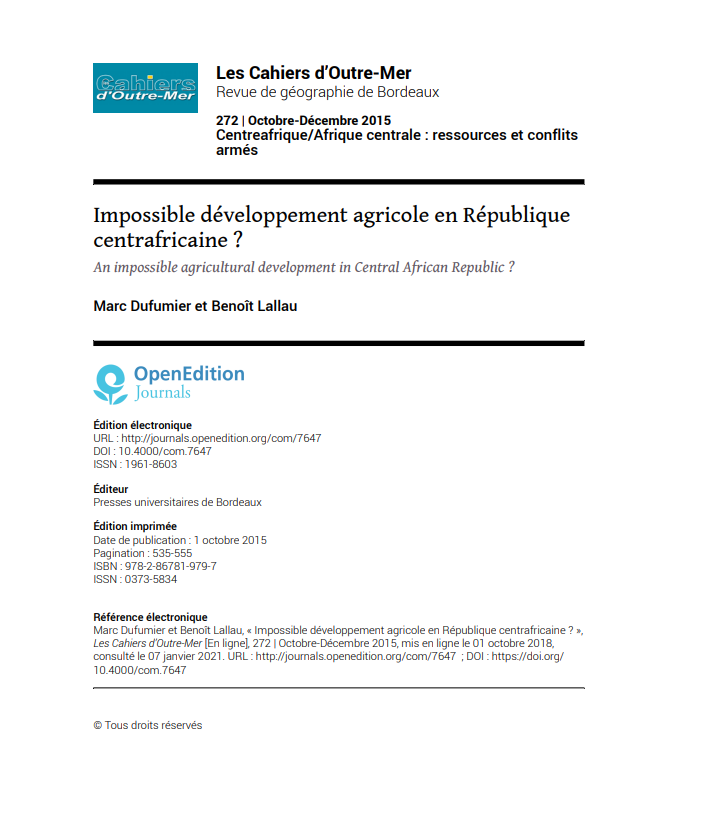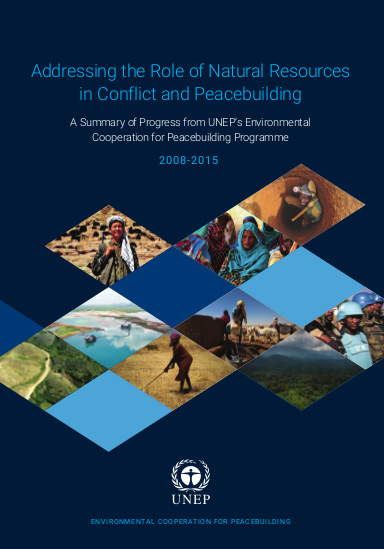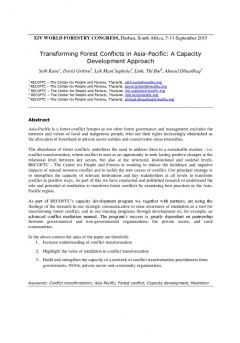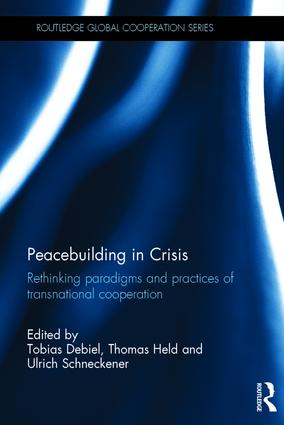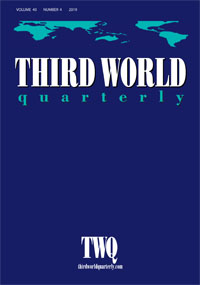Social capital, conflict, and adaptive collaborative governance : Exploring the dialectic
Previously lineal and centralized natural resource management and development paradigms have shifted toward the recognition of complexity and dynamism of social-ecological systems, and toward more adaptive, decentralized, and collaborative models. However, certain messy and surprising dynamics remain under-recognized, including the inherent interplay between conflict, social capital, and governance. In this study we consider the dynamic intersections of these three often (seemingly) disparate phenomena.



